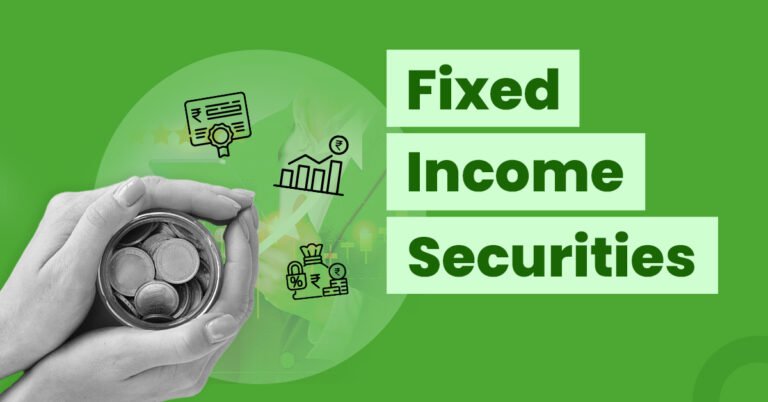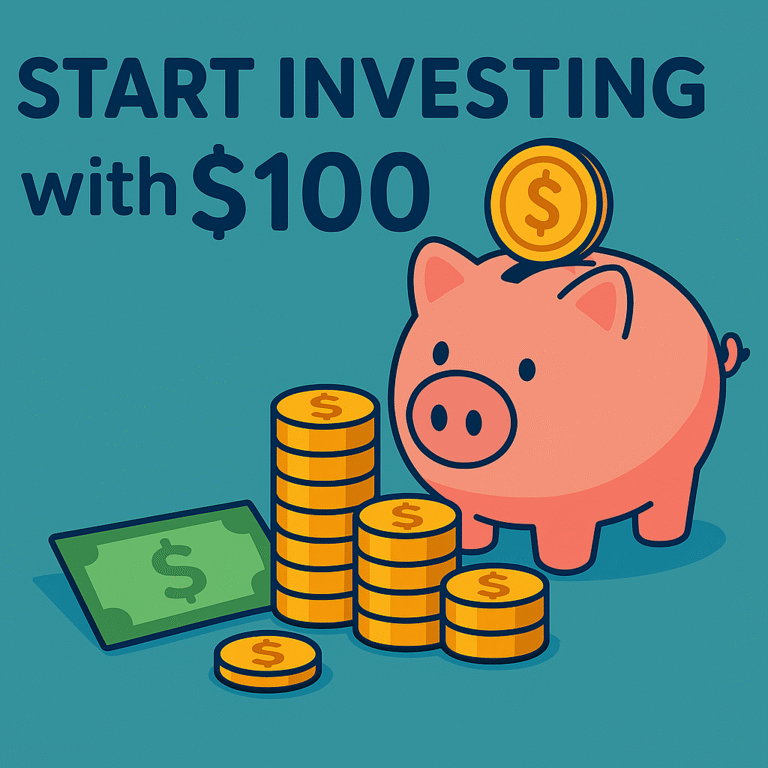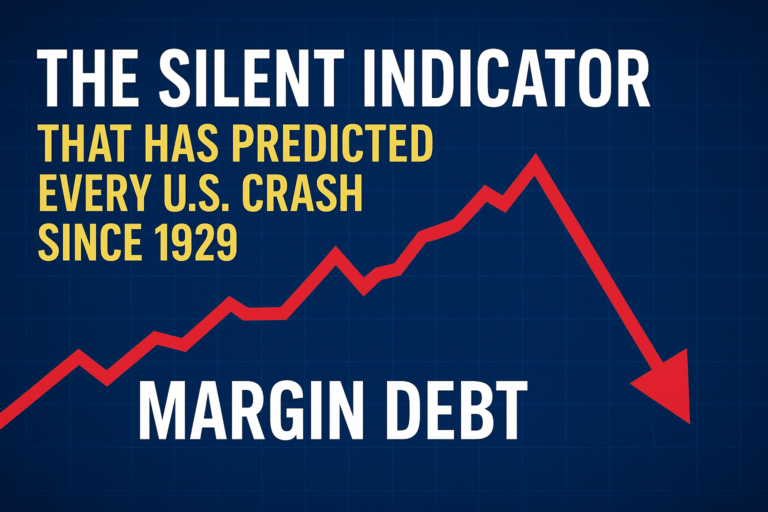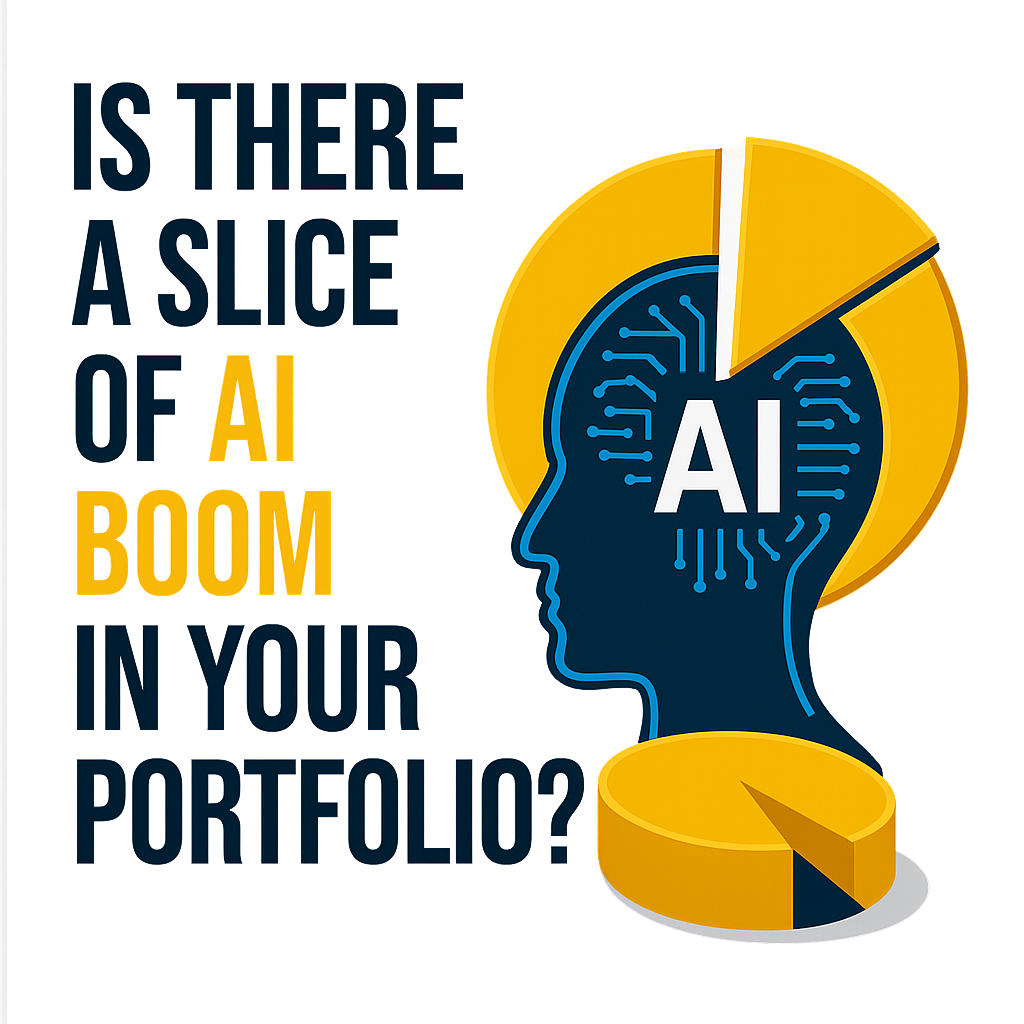
Over the past week, my organization enrolled my team and me in a two-week training program on building AI agents using Microsoft Copilot Studio. The goal is to identify areas where AI can outperform existing manual processes. We’ll be designing complete workflows and deploying them as AI-powered prototypes. It’s not just us—over the past few months, you’ve probably seen multiple startups receiving funding solely to build AI agents. While the tools may vary, the objective remains the same: automate and improve manual tasks using AI. I’m sharing this because the way organizations are structured is about to change rapidly with recent developments in AI. And now, more than ever, I’m convinced—AI is the real deal.
In This Article
AI is not a trend—it’s the next foundational technology, like electricity or the internet.
Just as the internet revolutionized every industry in the early 2000s, artificial intelligence is now becoming the core driver of global economic transformation—powering breakthroughs in healthcare, finance, retail, manufacturing, and beyond.
By investing in the AI economy, retail investors aren’t just betting on a few tech giants—they’re tapping into a multi-decade growth opportunity that spans:
- Automation and efficiency gains across businesses
- Next-gen consumer applications (like AI assistants and smart devices)
- Infrastructure growth in data centers, chips, and cloud services
- The rise of AI-native startups disrupting legacy industries
In short: AI is quietly becoming the engine behind the world’s next productivity boom. Retail investors who get in early and stay diversified have a chance to participate in one of the most transformative shifts of the 21st century—before it’s fully priced in.
What Does “Investing in the AI Economy” Actually Mean?
Investing in artificial intelligence (AI) goes far beyond buying stocks in high-profile tech companies. The AI economyincludes the full spectrum of businesses that develop, enable, or adopt AI technologies. Here’s a breakdown:
- AI Innovators – These are core developers of AI models and chips, like Nvidia, AMD, and companies partnered with OpenAI or Anthropic.
- AI Enablers – Cloud computing providers, data infrastructure firms, and semiconductor companies form the digital backbone (e.g., Microsoft Azure, TSMC, ASML).
- AI Adopters – Enterprises leveraging AI to boost efficiency, such as those in healthcare, finance, e-commerce, and logistics.
When you invest in AI, you’re participating in a global shift—backing not just algorithms, but the tools, infrastructure, and real-world applications transforming every sector.
How Can Individual Investors Tap Into AI Growth?
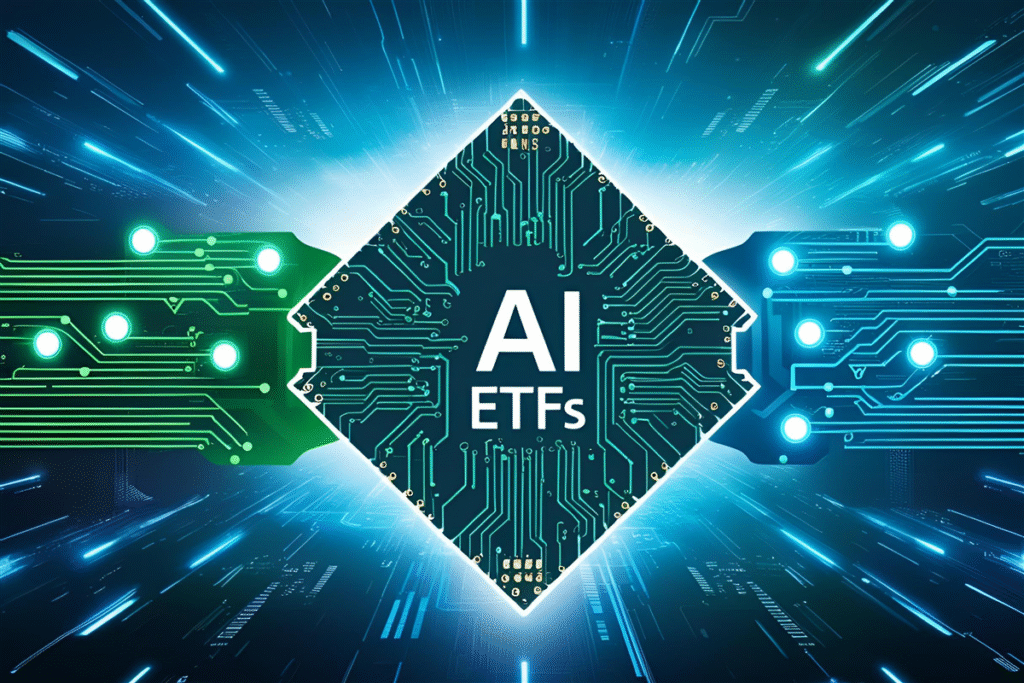
Retail investors have multiple options to participate in the AI boom—each with different risk and reward profiles:
1. Individual AI Stocks
Popular names like Nvidia (NVDA), Palantir (PLTR), Alphabet (GOOGL), and Super Micro Computer (SMCI) are leading the charge. These offer direct exposure but come with volatility. Research fundamentals, not just headlines.
2. AI-Themed ETFs
Exchange-traded funds provide instant diversification. Consider these top AI ETFs as of 2025:
- Global X Robotics & AI ETF (BOTZ)
- iShares Robotics & Artificial Intelligence ETF (IRBO)
- ROBO Global Robotics & Automation Index ETF (ROBO)
- ARK Autonomous Tech & Robotics ETF (ARKQ)
These funds bundle companies involved in AI hardware, software, and automation—ideal for passive investors seeking long-term exposure.
3. Thematic Mutual & Index Funds
Several mutual funds now integrate AI exposure as part of broader innovation strategies, especially those targeting next-gen tech or future mobility.
4. Private Market Opportunities (for accredited investors)
Venture capital or private equity funds focused on AI startups can offer early-stage potential—but with higher risk and limited liquidity. This path requires due diligence and a long investment horizon.
Why AI Investing Is Accelerating in 2025
- Mainstream adoption: AI tools like ChatGPT, Copilot, and Claude are reshaping daily workflows and business models.
- Enterprise transformation: From automating back offices to real-time customer service, AI is boosting productivity and reducing costs.
- Capital inflows: Institutional investors are steadily increasing allocation to AI-linked assets, echoing the early days of cloud and internet stocks.
Investing in AI today is like investing in the internet or electricity in its early days—it’s not just about the core tech, but everything it powers. Whether you’re starting small with an ETF or researching individual AI stocks, the smartest strategy is to:
- Stay diversified
- Avoid hype-driven decisions
- Invest with a long-term horizon

